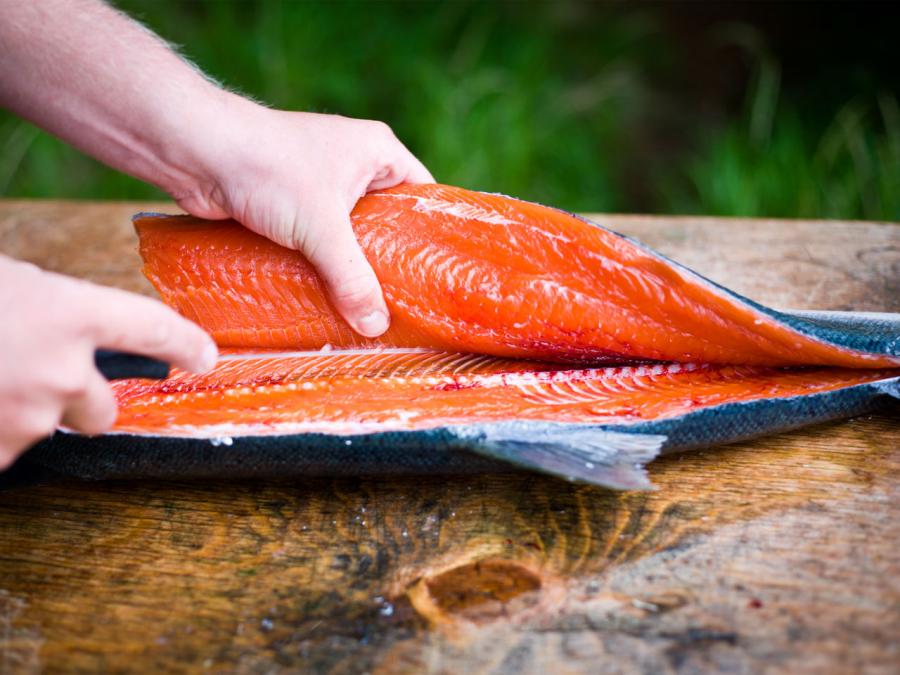
Man cannot live on whey alone. Expand your personal food pyramid with this ranking of lean (and delicious) eats that will feed your muscles and contribute to new gains.
Many fitness guys look at food and see one thing: protein count. And in a way, that makes sense—your muscles need protein to build and deliver those gains you’ve been sweating so hard for.
But truly fit fellas know not to underestimate the micronutrients packed in produce and grains. Vitamins and minerals not only help your internal systems function properly, but also help keep inflammation down and your health status up—powering you through workouts and life. Even those foods with a paltry protein count—veggies, clean carbs, healthy fats—should still be part of your fat-burning, muscle-building diet.
So we asked nutritionists to weigh in on 20 of the healthiest foods a guy can eat, and then ranked them according to their protein content. We’ve highlighted the ones that will help you build muscle mass fast, and which you should still nosh on to score a full-body boost.
Our methodology: We asked a team of expert nutritionists to compare foods based on each food’s typical serving size, rather than a standardized quantity. We did this because it’s a better reflection of how guys actually eat in the real world. For example: You might sit down and eat a single chicken breast in one sitting, but you’re (probably) only going to eat a handful of almonds at the same meal. (That’s why you’ll see a bigger portion listed for certain foods—5 oz of salmon vs 8oz for pork chops, for example.)
From there, we ranked the foods according to the absolute amount of protein in each serving, so you’re getting a guide to the most protein you could expect to eat in a normal meal.
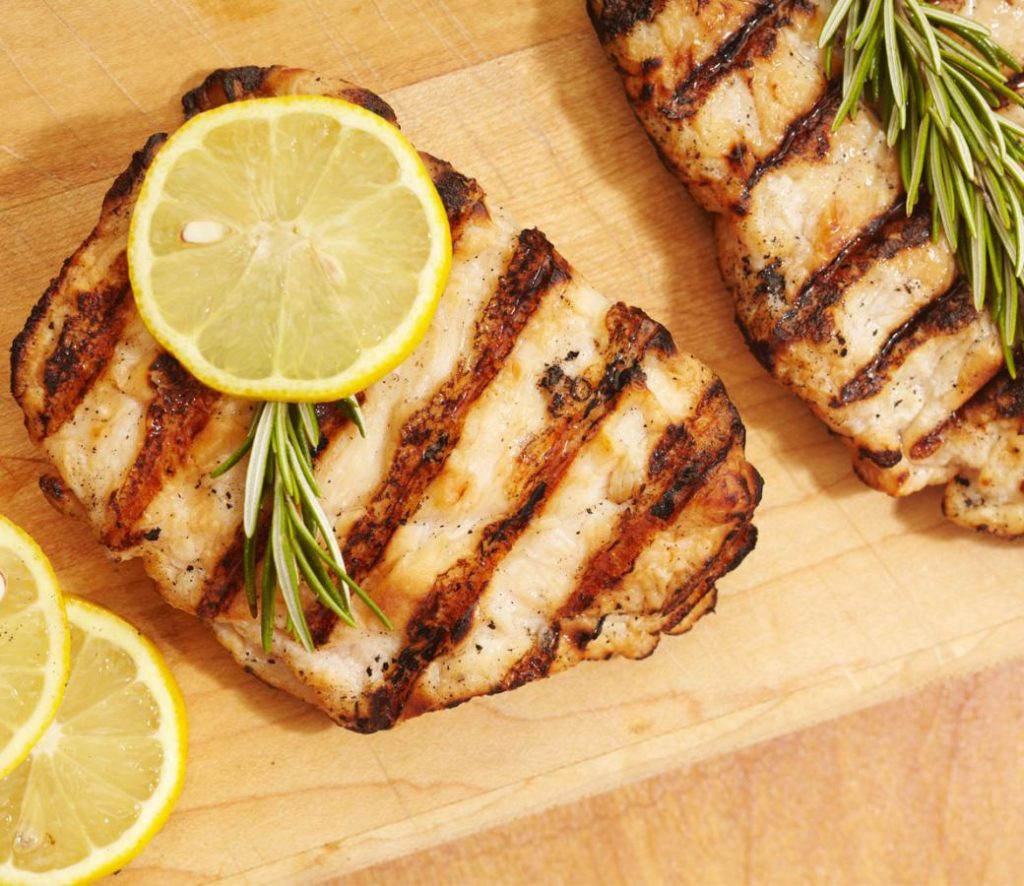
1. Chicken breast
Protein: 54 grams per 6 ounces
“Skinless, white-meat chicken breast is the leanest animal protein. It barely has 3 grams of fat and provides 25% of your Vitamin B6 allotment for the day, as well as a bit of Vitamin B12. To avoid boredom, prepare it with sauces like coconut milk, turmeric curry, or kale pesto.”
-Monica Auslander, R.D., founder of Essence Nutrition in Miami
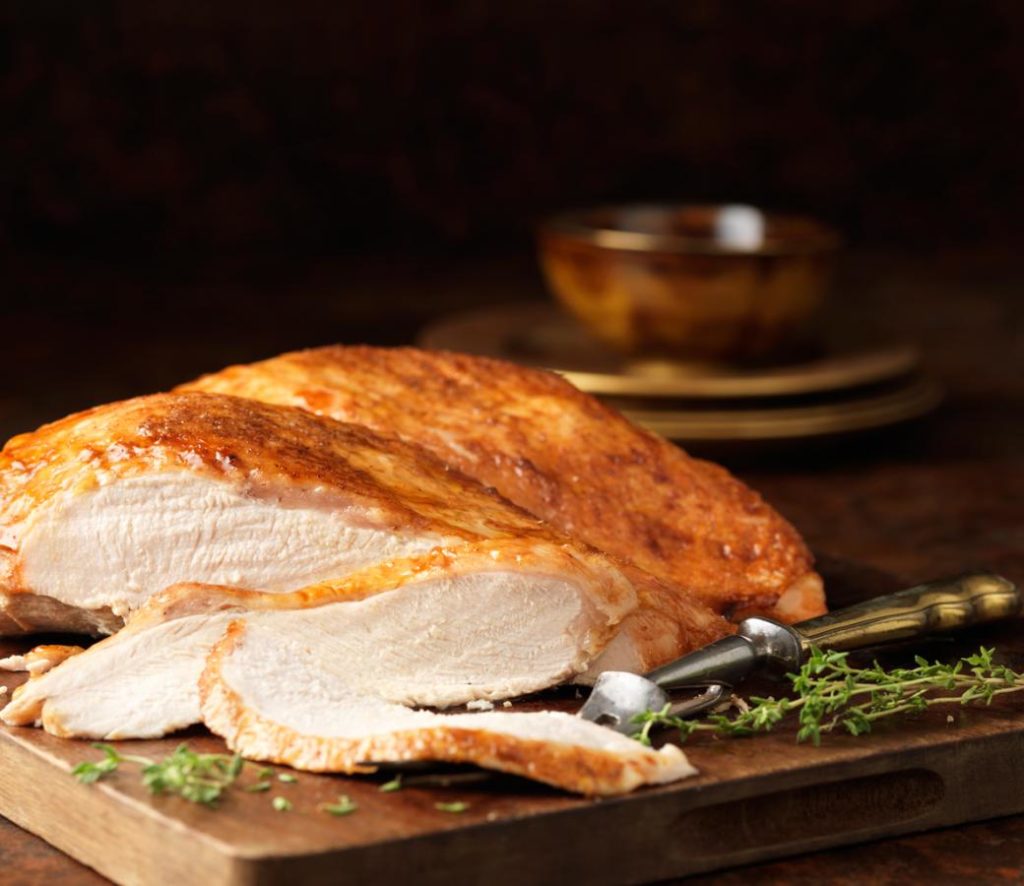
2. Turkey breast
Protein: 52 grams per 6 ounces
“Fresh turkey is high in protein and lower in saturated fat than red meat. Turkey contains all of the B vitamins, which are used to convert the food you eat into energy. In particular, one serving of turkey contains 80% of the amount of vitamin B3 (niacin) most people need in a day. Niacin is needed for important chemical reactions in the body and for healthy skin and nerve function.”
-Christy Brissette, R.D., president of 80 Twenty Nutrition
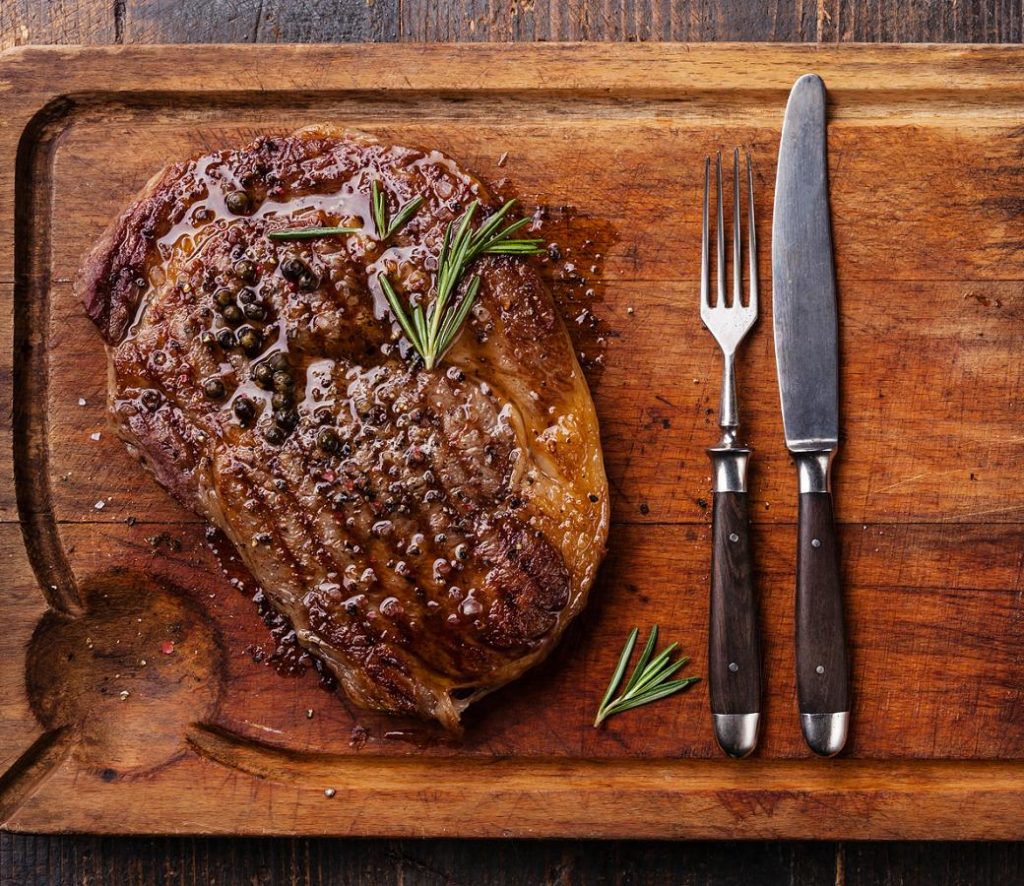
3. Steak
Protein: 50 grams per 6-ounce lean cut
“Vitamin B6 can be found in both plant- and animal-based foods, but a serving of steak is an excellent source. This vitamin helps perform a number of different chemical reactions in the body, most of which are related to protein metabolism. Opt for flank steak, London broil, tenderloin, and roast beef for lean options (2 to 3 grams of fat per ounce).”
-Emily Braaten, R.D.N., nutritionist in New York City
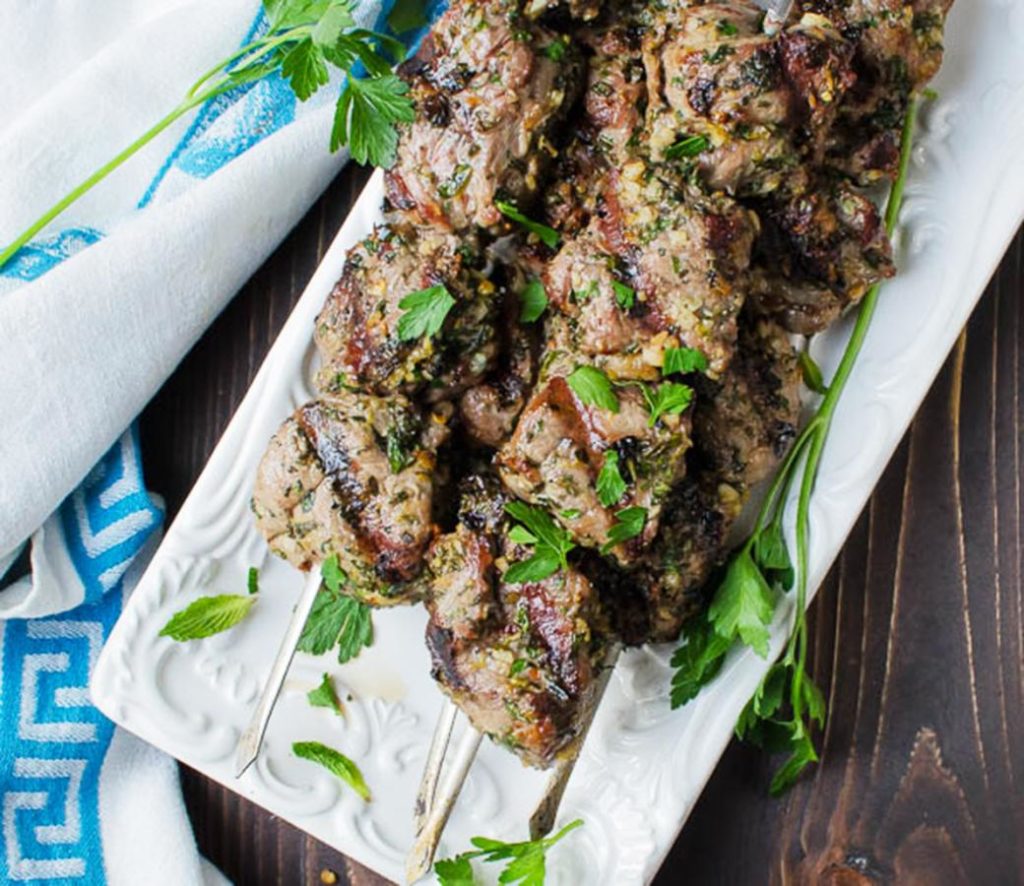
4. Lamb
Protein: 40-52 grams per 6 ounces (depending on the cut)
“Lamb is a fairly lean cut of meat, with only about 12.5 grams total fat and 219 calories per 6-ounce serving. It’s an excellent source of vitamin B12, niacin, and selenium. It’s also rich in zinc, which is essential for immune function, protein synthesis, wound healing, and DNA synthesis. Zinc also supports normal growth and development during pregnancy, childhood and adolescence. Opt for the leanest cuts of lamb, which come from the leg, loin, and shank.”
-Dawn Orsaeo, R.D., nutritionist in Orlando, FL

5. Pork chops
Protein: 40 grams per 6 ounces
“Pork chops are considered a complete protein, which means they provide your body with the key amino acids you need to maintain healthy tissue, keep your immune system strong, and help with tissue repair. They’ll also preserve your body’s hormone balance and sustain lean muscle tissue. Eating pork chops will provide your body with essential minerals, including selenium, phosphorus, and niacin. These minerals support muscle and blood vessel function as well as thyroid function. Niacin specifically can help fight disease and can correlate with a reduced risk of certain cancers.”
-Wendy Baruchowitz, certified integrative nutrition and health counselor and founder of Food That Cares, LLC
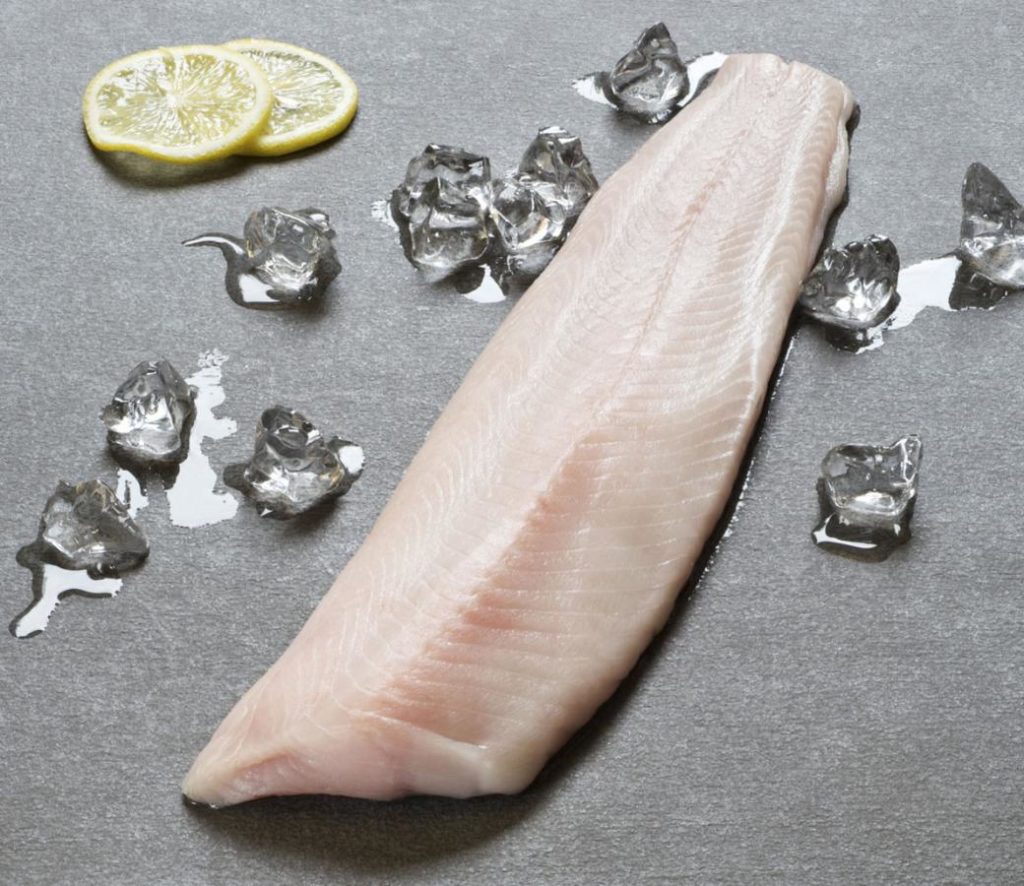
6. Cod
Protein: 40 grams per 6 ounces
“Full of omega-3 acids and a low-mercury fish, cod is a cheap alternative to salmon. Cod is an excellent source of potassium, which is needed for muscle contraction, as well as Vitamin D, Vitamin B12, and Vitamin B6.” [Editor’s note: Just be sure to buy it from sustainable fisheries—look for the blue Marine Stewardship Council logo—because wild Atlantic cod is already extremely overfished.]
-Monica Auslander, R.D., founder of Essence Nutrition in Miami
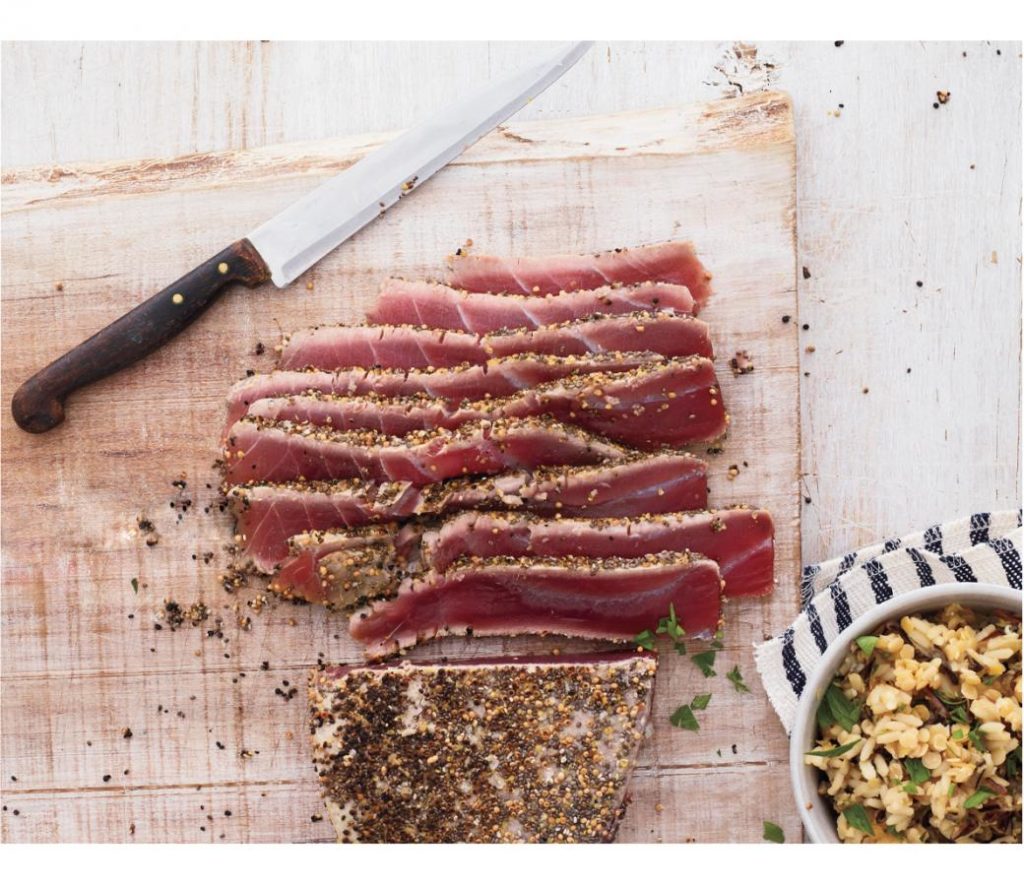
7. Fresh tuna
Protein: 40 grams per 5 ounces, fresh and cooked
“Fresh tuna is high in potassium, magnesium, phosphorous, vitamin B6 and thiamin, and boasts about 30% more protein per ounce than the canned variety. However, it’s also more expensive, which is why people eat canned so much more.” [Editor’s note: Make sure buy tuna from sustainable fisheries—look for the blue Marine Stewardship Council logo—because Pacific bluefin tuna is heavily overfished. Look for alternatives like bigeye tuna, Albacore tuna, or skipjack tuna (aka bonito) instead.]
-Emily Braaten, R.D.N., nutritionist in New York City
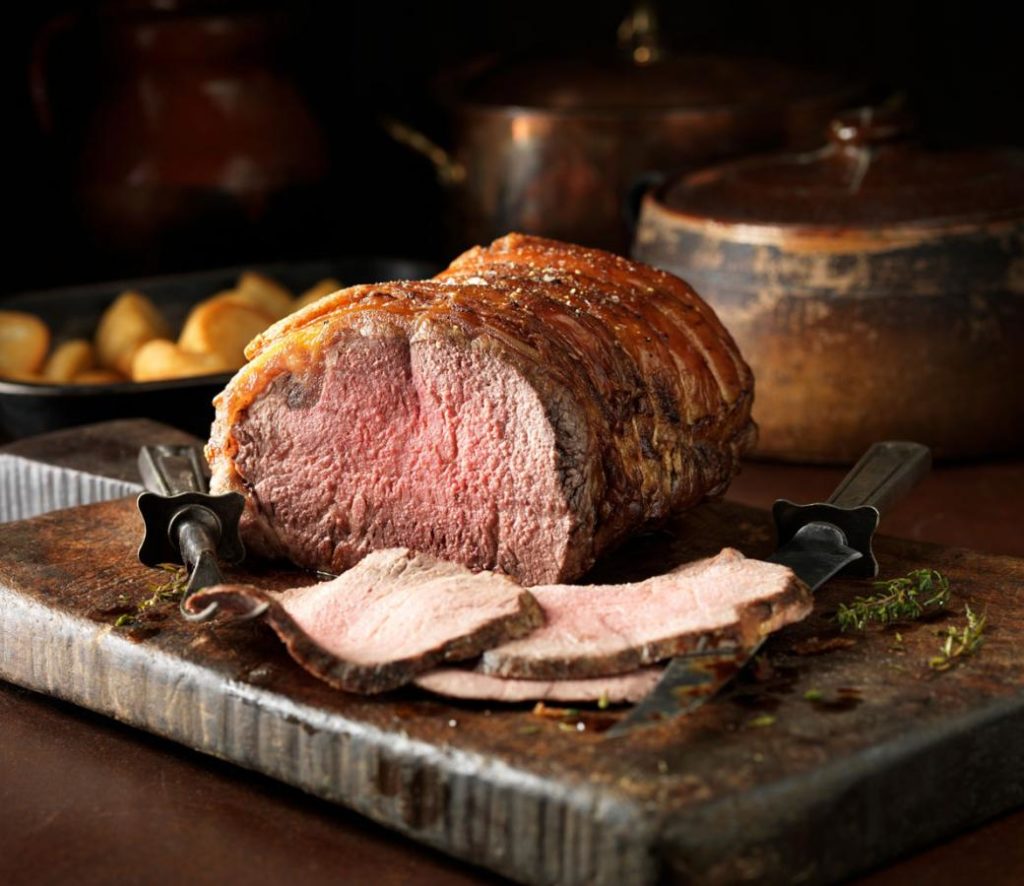
8. Lean beef
Protein: 39 grams per 6 ounces of grass-fed, organic, lean beef
“In addition to being a rich protein source, grass-fed and organic beef is a source of anti-inflammatory omega-3 fatty acids, vitamins B12, B 6, and niacin, as well as the minerals selenium, zinc, and phosphorous. Why is grass-fed better? Since grass is a cow’s natural food, not grains, the cows are healthier and their meat contains more anti-inflammatory, heart protective omega 3 fatty acids.”
-Cynthia Sass, R.D., C.S.S.D., New York Yankees nutrition consultant and author of Slim Down Now
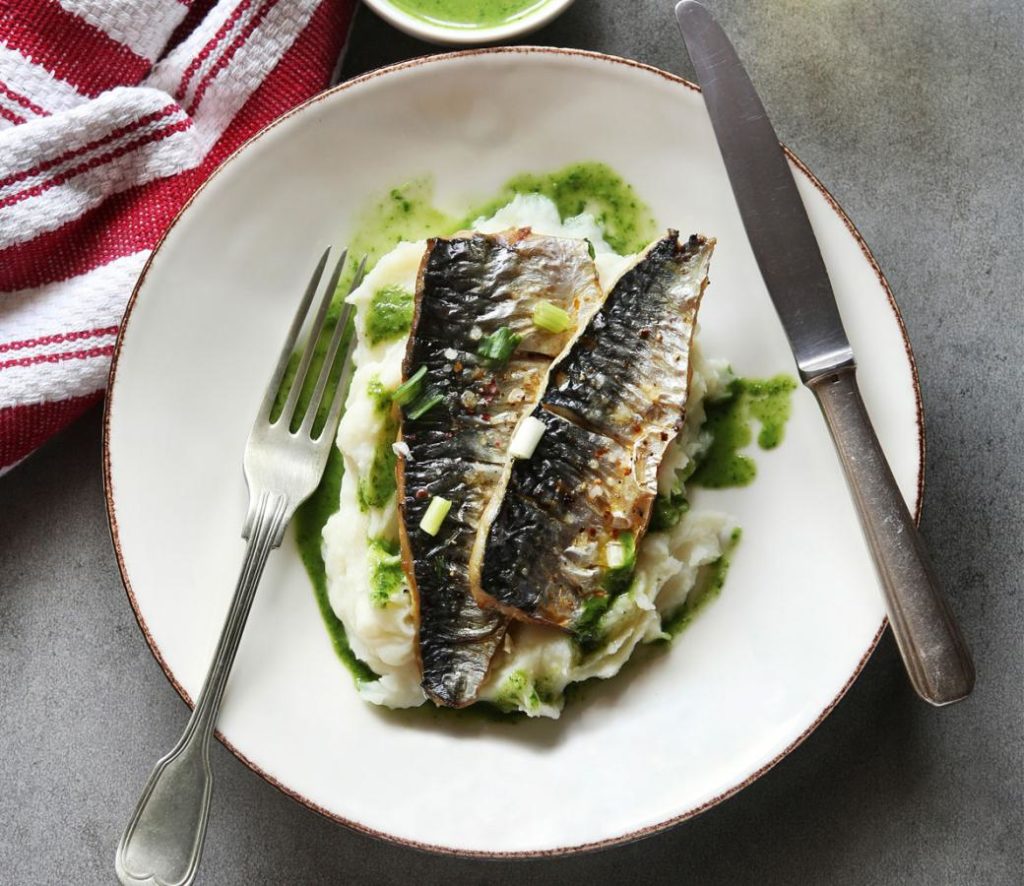
9. Mackerel
Protein: 38 grams per 6 ounces, cooked
“Mackerel is a good source of both heart protective omega-3 fatty acids and vitamin D, a key nutrient—and one we don’t get enough of—linked with reduced belly fat, immunity, reduction in injury risk, and improvements in muscle function and power.”
-Cynthia Sass, R.D., C.S.S.D., New York Yankees nutrition consultant and author of Slim Down Now
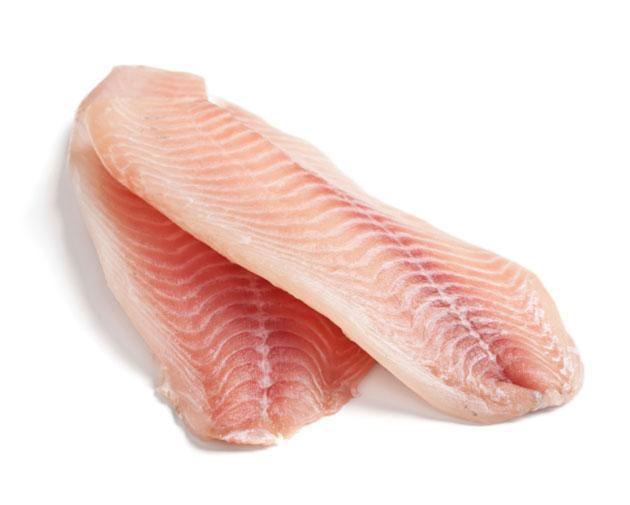
10. Tilapia
Protein: 37 grams per 5 ounces
“Tilapia is an excellent source of protein. Three ounces of the cooked fish boasts 37 grams of protein for only 182 calories. Opt for the farmed version, which has less mercury.”
-Amy Gorin, R.D.N., owner of Amy Gorin Nutrition in Jersey City, NJ
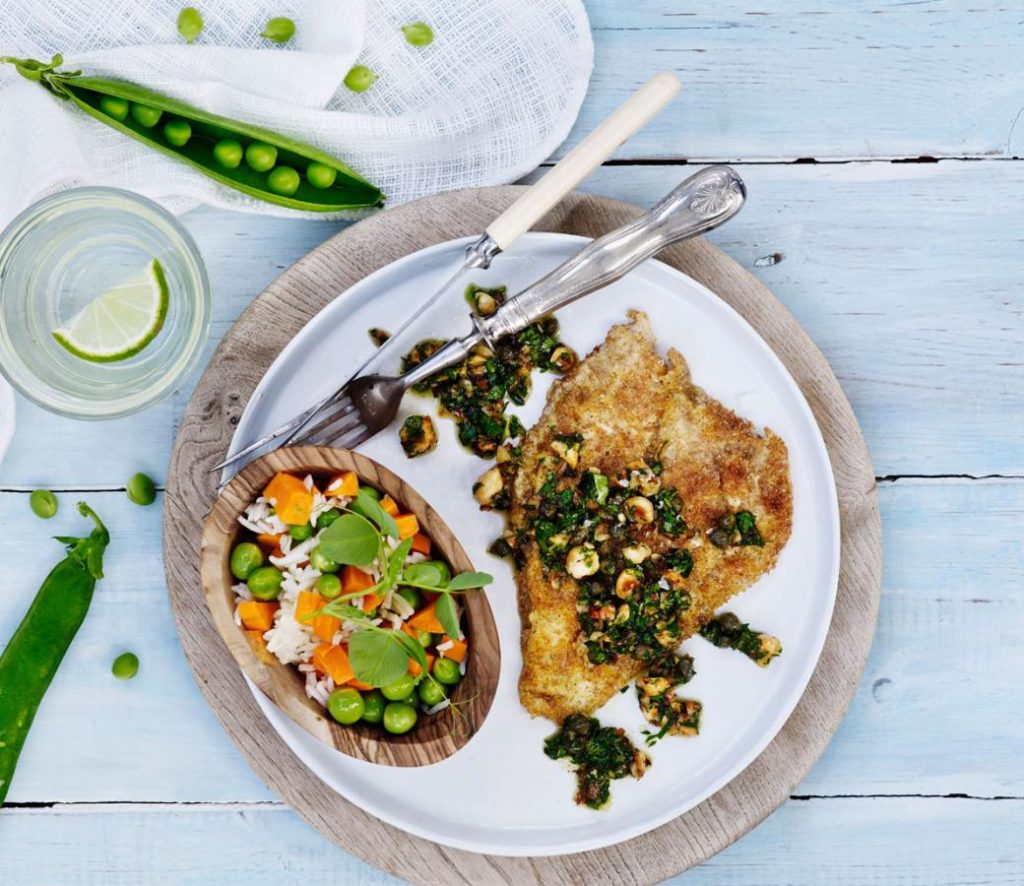
11. Flounder
Protein: 35 grams per 5 ounces
“In addition to being a great source of protein, a 5-ounce portion of flounder provides about 118% of your daily value of selenium and 60% of Vitamin B12. Selenium is an essential nutrient and can help protect your cells from free radicals and oxidative stress. For this reason, it has been studied for the prevention of diseases such as cancer, heart disease, and rheumatoid arthritis. Vitamin B12 is a critical factor in proper red blood cell formation, neurological function, and DNA synthesis.”
-Dawn Orsaeo, R.D., nutritionist in Orlando, FL
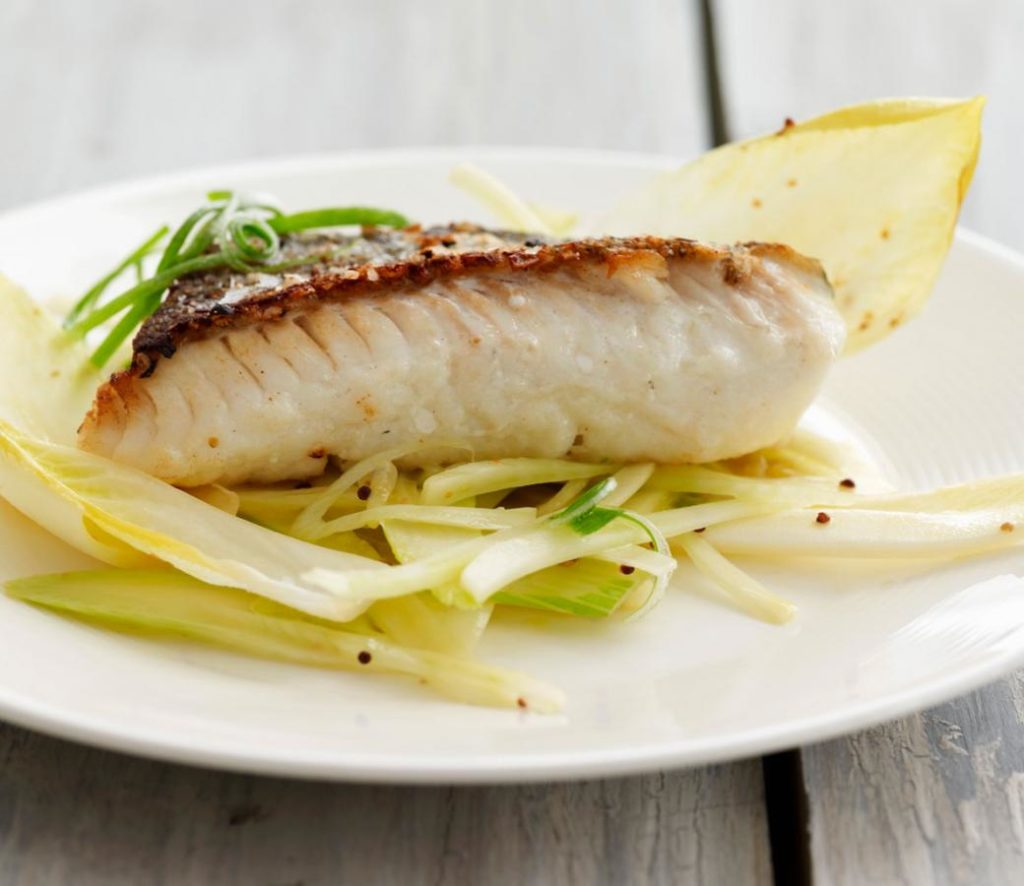
12. Haddock
Protein: 34 grams per 6 ounces, cooked
“Haddock is an excellent source of protein and it’s a lower-mercury fish—and since methylmercury can have toxic effects on the body, we want to limit our exposure to it. Haddock is a nutrient-dense food, meaning it offers a lot of nutrients for relatively few calories. You get that 34 grams of protein for only 154 calories. You also get other important nutrients, such as 60% of the daily value for vitamin B12. It’s also one of the few foods that supplies vitamin D, providing 40 IU (10% of your daily need) per 6 ounces cooked.”
-Amy Gorin, R.D.N., owner of Amy Gorin Nutrition in Jersey City, NJ
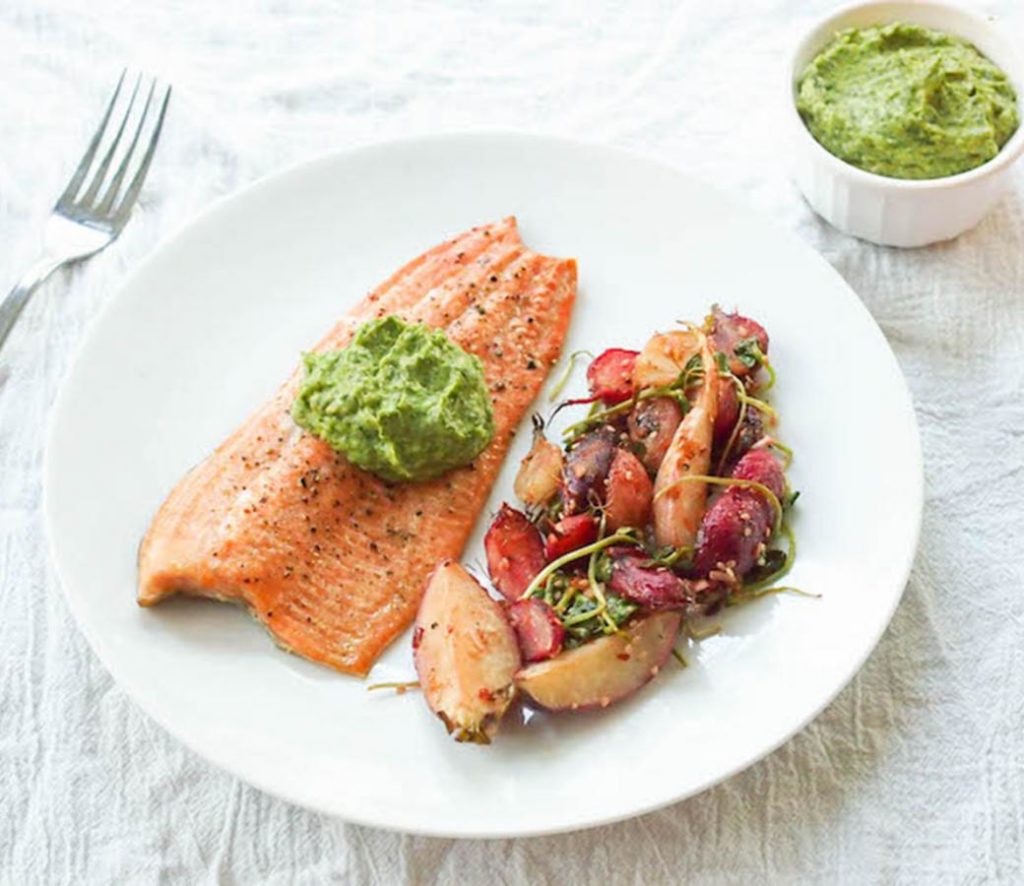
13. Rainbow trout
Protein: 34 grams per 6 ounces
“Rainbow trout is an exceptionally nutritious source of protein because it also contains omega-3 fats, which are important for improving cognitive function and reducing risk of cardiovascular disease and autoimmune disease. It’s also low in mercury.”
-Brigid Titgemeier, R.D.N., L.D., author of BeingBrigid.com
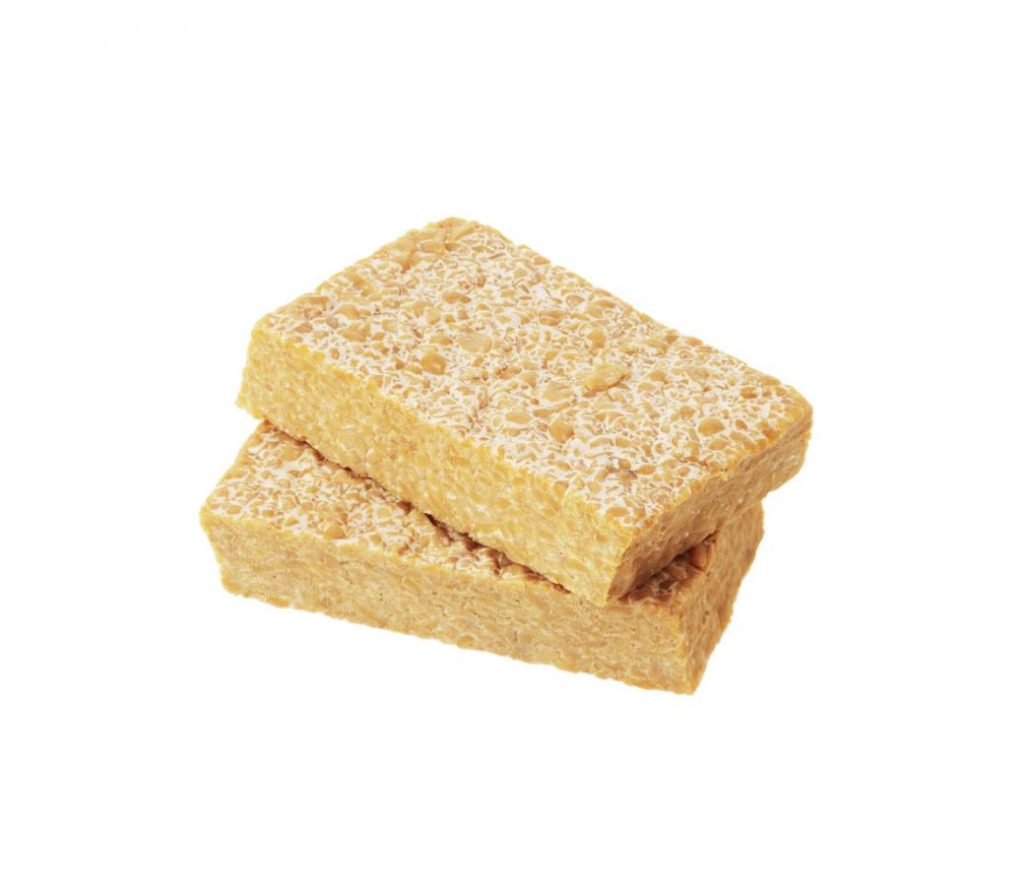
14. Tempeh
Protein: 34 grams per 6 ounces
“Made from fermented soybeans, tempeh is a complete protein, which means that it contains all essential amino acids. Despite the myths, soy shouldn’t have any negative effect on men when eaten in moderation. Plus, it’s even one of the few protein sources that’s also high in fiber.”
-Amy Gorin, R.D.N., owner of Amy Gorin Nutrition in Jersey City, NJ
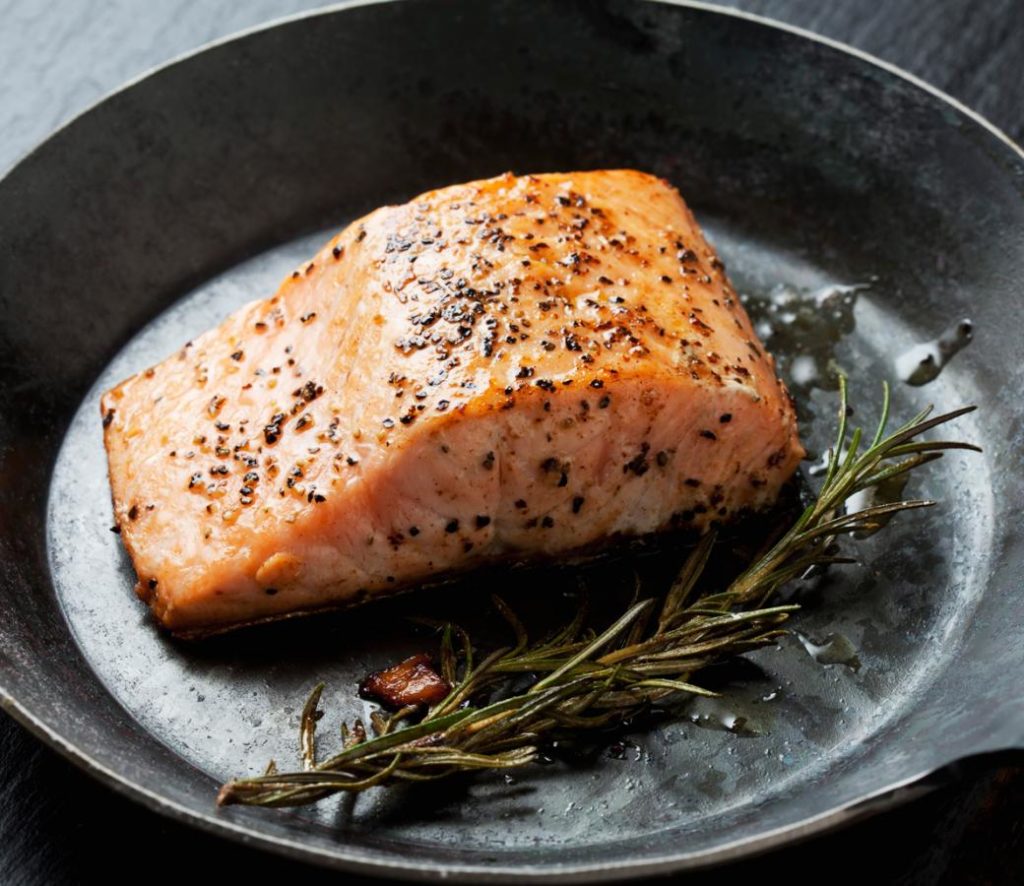
15. Salmon
Protein: 30 grams per 5 ounces
“Salmon can be considered one of the healthiest foods around, mainly because of its high omega-3 fatty acid content. Regular consumption of salmon acts as a natural anti-inflammatory and will keep your bones strong, therefore reducing the chances of bone fractures as well as containing more than a day’s worth of vitamin D in one serving. It has also been shown to improve memory and brain function. Additionally, vitamins A, D, and selenium can protect the nervous system from age-related damage, as well as potentially act as an antidepressant. Because of the high omega-3 fatty acid content, salmon can be considered a powerhouse food, having a profound effect on cancer prevention and inhibiting the growth of cancerous tumors.”
-Wendy Baruchowitz, certified integrative nutrition and health counselor and founder of Food That Cares, LLC
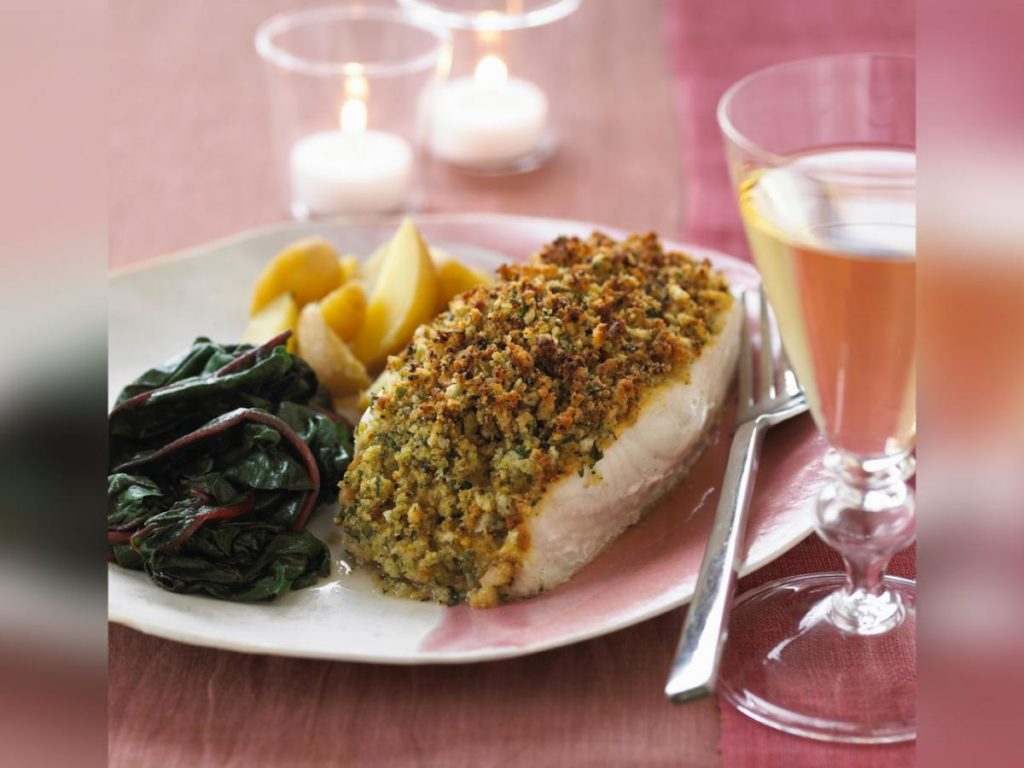
16. Perch
Protein: 26 grams per 5 ounces
“Perch contains several vitamins and minerals, like selenium, copper, iron, manganese, niacin, B-12 (including pantothenic acid), and calcium. It’s considered one of the safer fishes to eat because it contains lower levels of mercury than others, like tuna and swordfish. Perch does contain a fair amount of omega-3 fatty acids, but not as many other fish sources like salmon, mackerel, and sardines. Still, eating two to three servings of perch a week is beneficial.”
-Wendy Baruchowitz, certified integrative nutrition and health counselor and founder of Food That Cares, LLC
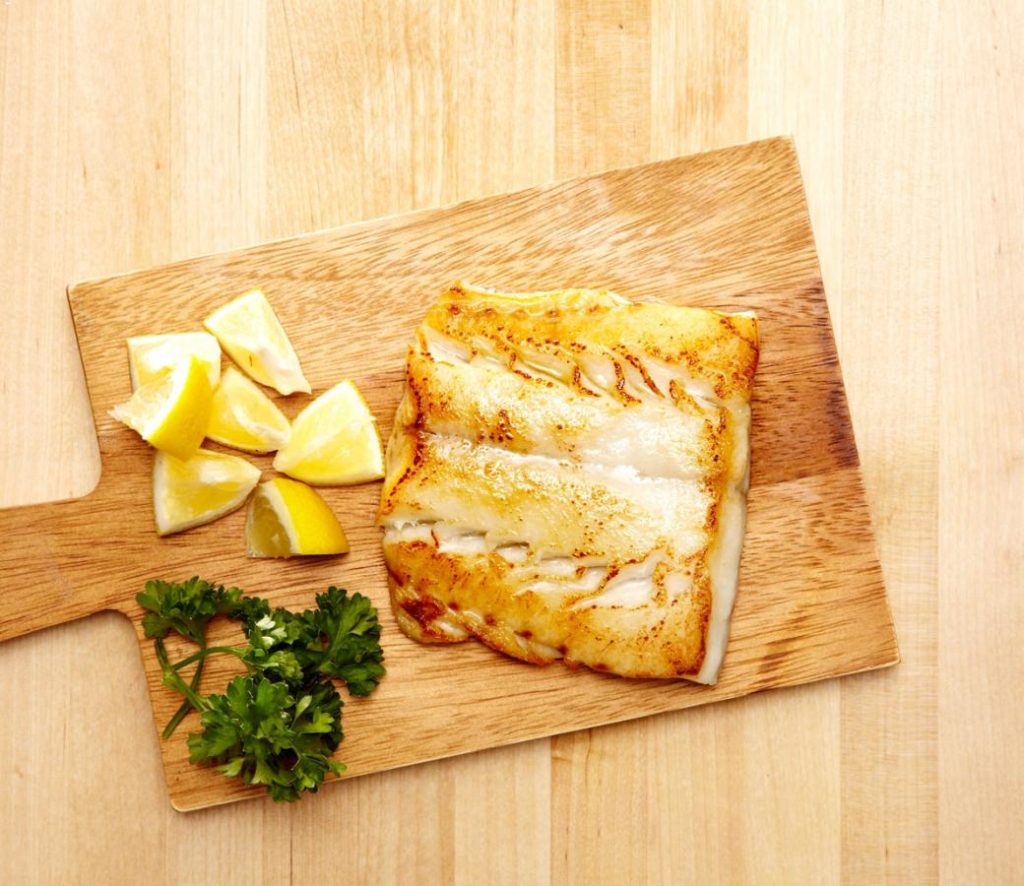
17. Halibut
Protein: 24 grams per 6 ounces
“Halibut is an excellent source of vitamin D. A 6-ounce serving provides almost quadruple the amount of vitamin D you need in a day. Vitamin D is not only key for bone health, but can also help lower cancer risk, ward off depression, even help you boost weight loss.”
-Christy Brissette, R.D., president of 80 Twenty Nutrition
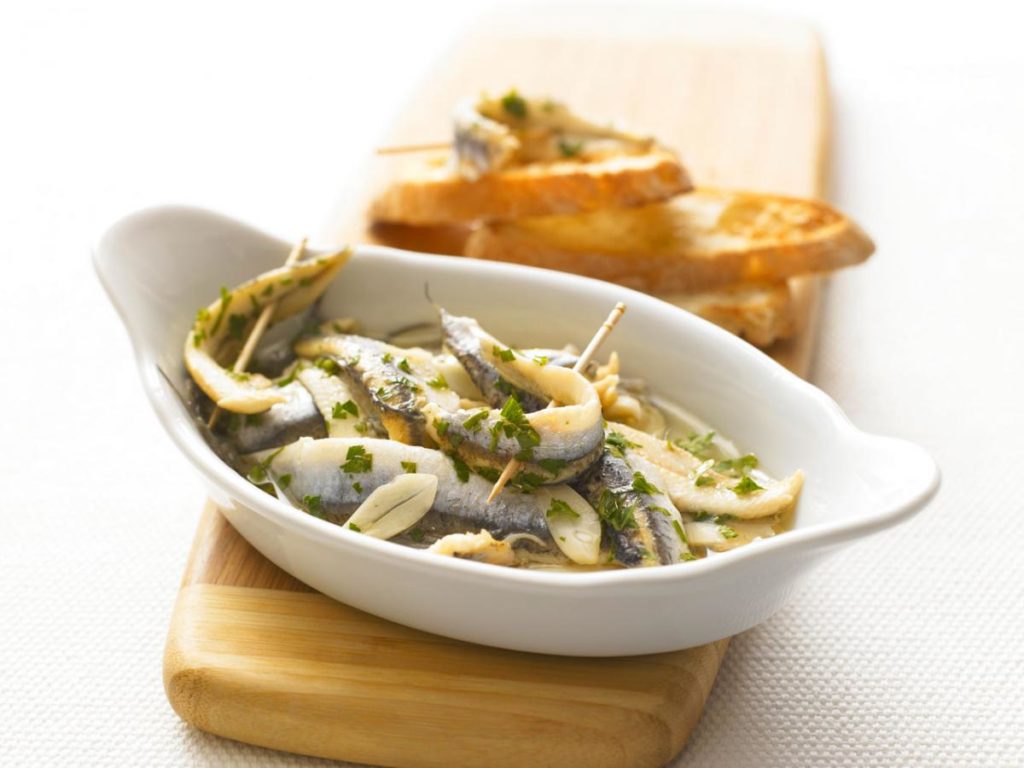
18. Anchovies
Protein: 24 grams per 3 ounces
“There’s no denying the anchovy is a flavorful fish; it often provides the basis for savory southeast Asian fish sauce. However, its health benefits come from being a fatty fish. The omega-3 fatty acids it provides are essential for cell structure in the eyes, brain, and even sperm cells.”
-Emily Braaten, R.D.N., nutritionist in New York City
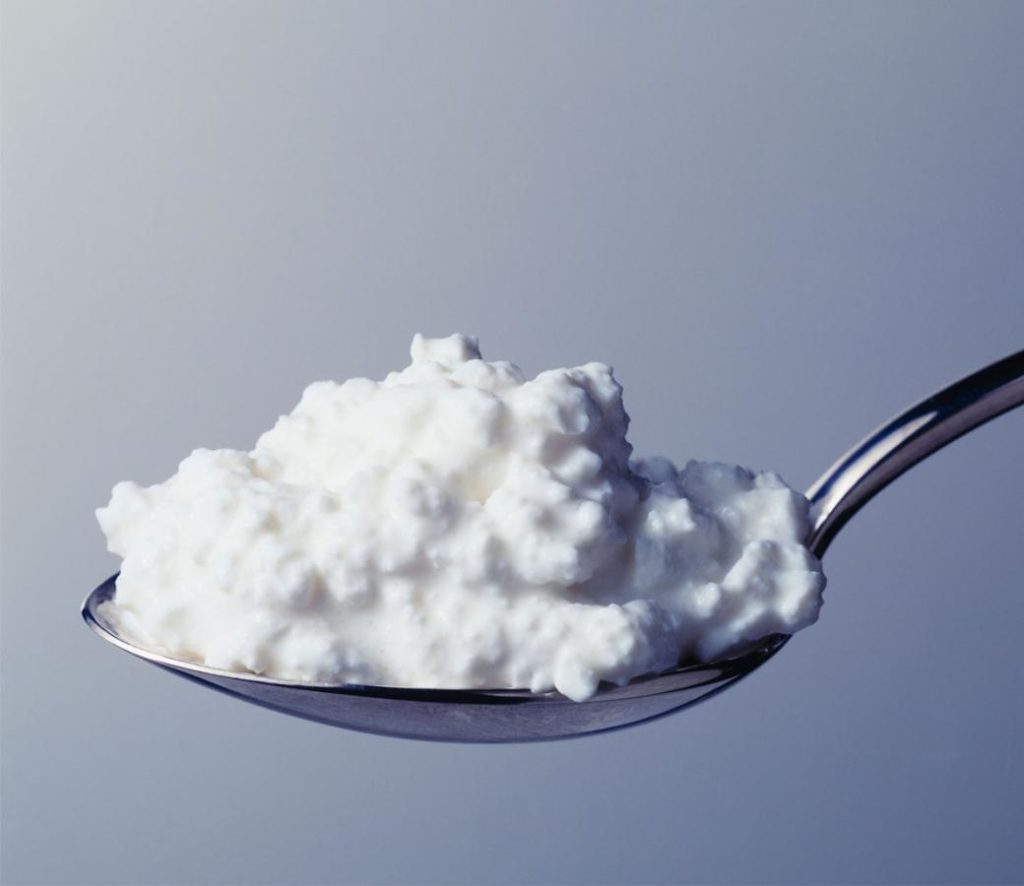
19. Cottage cheese
Protein: 23 grams per cup
“Cottage cheese is an excellent source of calcium, protecting your bones from osteoporosis and even helping to regulate blood pressure levels. It’s also rich in B vitamins, which convert your food into energy. Cottage cheese is full of casein protein, which digests and breaks down slowly, making it perfect for your pre-bedtime muscle-boosting snack.”
-Christy Brissette, R.D., president of 80 Twenty Nutrition
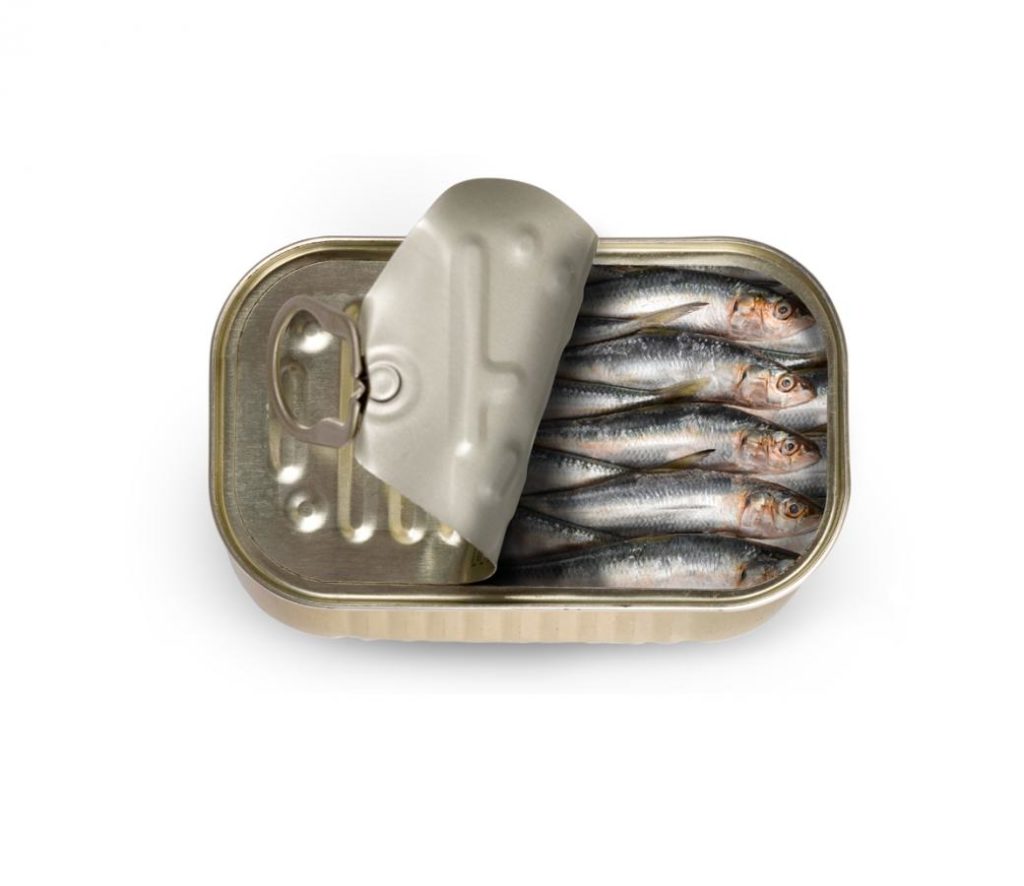
20. Sardines
Protein: 21 grams per 3 ounces
“Sardines are an excellent source of protein and omega-3 fatty acids for brain and heart health. They’re also loaded with vitamin B12, selenium, and phosphorus. Selenium may help lower your risk of prostate cancer, while phosphorus keeps your bones strong and also repairs other tissues.”
-Christy Brissette, R.D., president of 80 Twenty Nutrition





